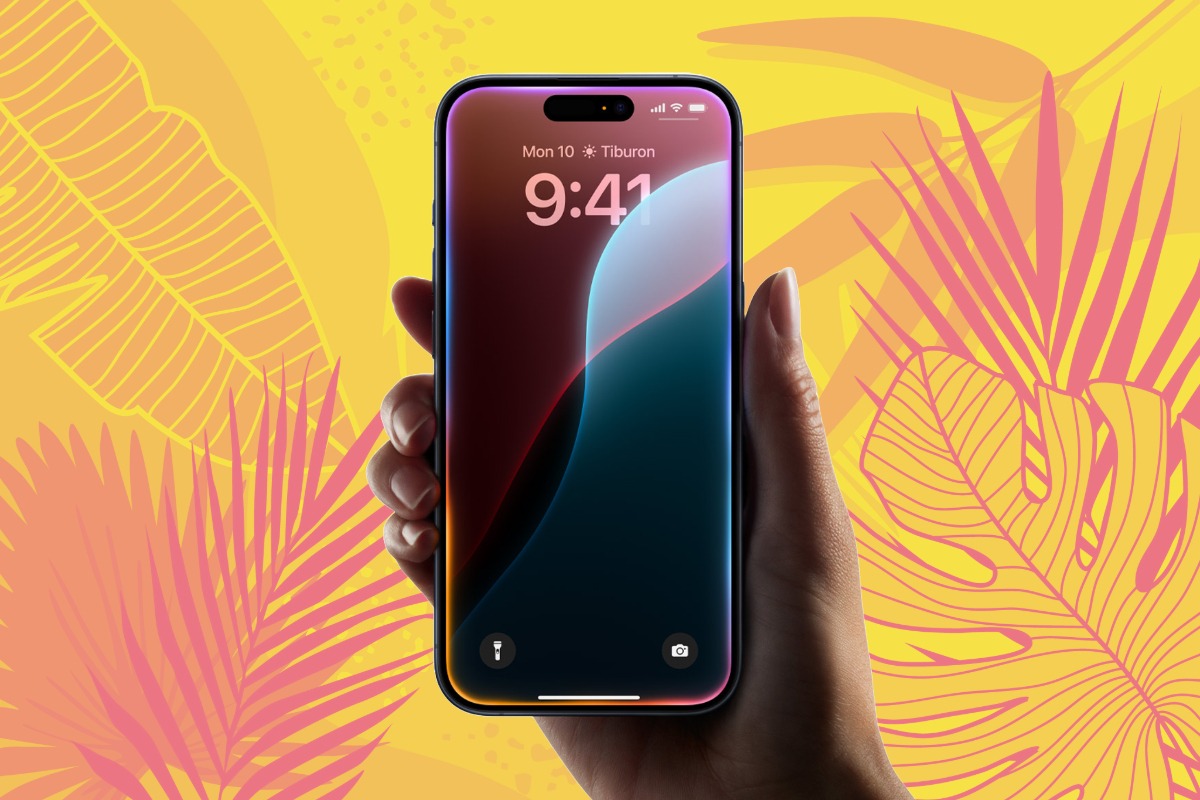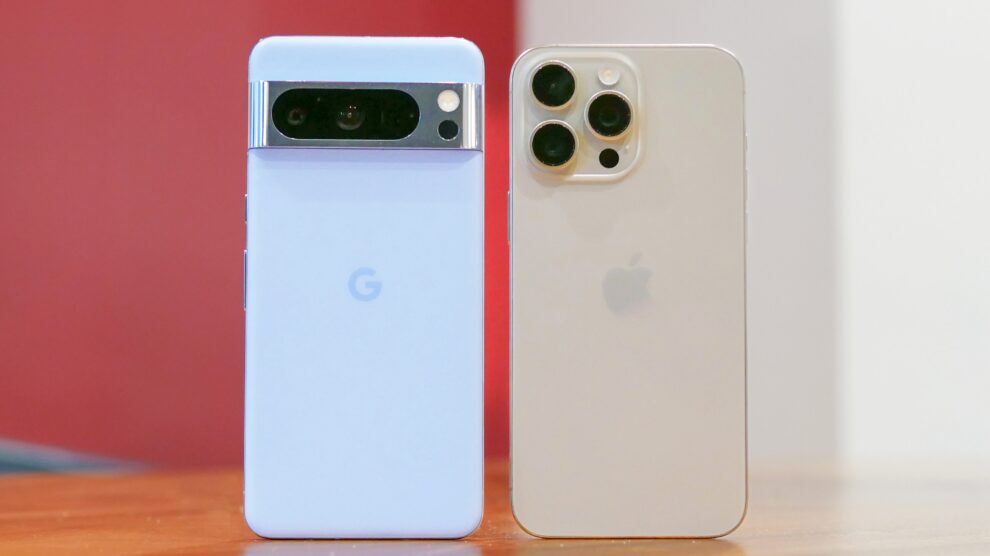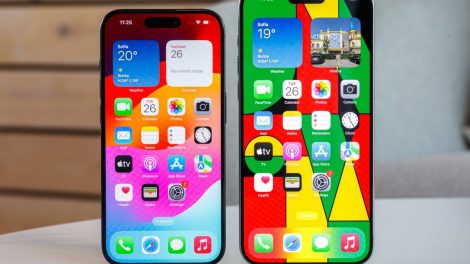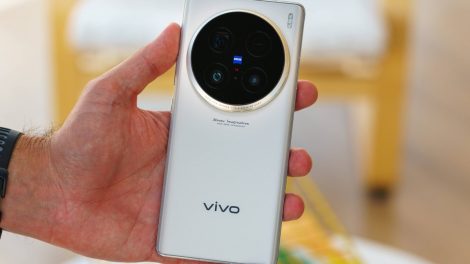
Apple’s Approach: Prioritizing On-Device Processing
Apple has taken a distinctive stance in its implementation of AI features, prioritizing on-device processing:
- Local Computation: Most AI tasks on Apple devices are completed directly on the phone, minimizing data transfer to external servers.
- Data Minimization: This approach significantly reduces the amount of user data Apple collects and stores in the cloud.
- Privacy-First Philosophy: Apple’s strategy aligns with its long-standing commitment to user privacy and data protection.
The implications of this approach are far-reaching:
- Enhanced Privacy: Users have greater control over their personal data, as it remains largely confined to their device.
- Offline Functionality: Many AI features can function without an internet connection, enhancing usability in various scenarios.
- Reduced Data Vulnerability: With less data transmitted or stored in the cloud, there’s a lower risk of unauthorized access or data breaches.
Android’s Hybrid AI: Balancing Power and Privacy
In contrast, Android devices, particularly those from manufacturers like Google and Samsung, often employ a “hybrid” approach to AI:
- Dual Processing: Some AI tasks are handled on the device, while others leverage cloud-based processing power.
- Enhanced Capabilities: This approach allows for more advanced AI features that might be too computationally intensive for on-device processing alone.
- Data Synergy: Cloud processing can potentially offer more personalized experiences by analyzing data across multiple devices or users.
However, this hybrid model raises several privacy considerations:
- Data Transmission: User data may be sent to servers for analysis, potentially exposing it to security risks during transmission.
- Cloud Storage: Information processed in the cloud might be stored on servers, raising questions about data retention and access.
- Transparency Concerns: Users may not always be aware of which processes are happening on-device versus in the cloud.
The Privacy Debate: Weighing the Pros and Cons
The contrasting approaches of Apple and Android have sparked a significant debate in the tech community:
Arguments in Favor of Apple’s Approach:
- Data Control: Users have more direct control over their personal information.
- Reduced Risk: Minimizing data transfer and cloud storage inherently reduces potential points of vulnerability.
- Trust Factor: Apple’s privacy-centric approach may foster greater trust among privacy-conscious consumers.
Arguments in Favor of Android’s Approach:
- Advanced Features: Cloud processing allows for more sophisticated AI capabilities that may not be possible with on-device processing alone.
- Continuous Improvement: Cloud-based AI can learn and improve from aggregated data across multiple users.
- Resource Efficiency: Offloading intensive tasks to the cloud can help preserve device battery life and processing power.
Key Considerations in the Debate:
- Feature Set vs. Privacy: Users must weigh the benefits of more advanced AI features against potential privacy trade-offs.
- Trust in Tech Companies: The debate often hinges on users’ trust in companies to responsibly handle and protect their data.
- Regulatory Landscape: Evolving privacy laws and regulations may influence how companies approach AI and data processing.
Implications for Users and the Industry
The divergent approaches to AI in smartphones have several implications:
For Users:
- Informed Choices: Consumers need to be aware of these differences when choosing between iOS and Android devices.
- Privacy Settings: Users of both platforms should familiarize themselves with available privacy controls and settings.
- Feature Expectations: Users may need to adjust their expectations regarding AI capabilities based on their chosen platform.
For the Industry:
- Innovation Challenge: Companies must find ways to innovate while respecting user privacy.
- Competitive Differentiation: Privacy features may become a more significant factor in smartphone competition.
- Regulatory Compliance: Tech companies need to stay ahead of evolving privacy regulations in various jurisdictions.
The Future of AI and Privacy in Smartphones
As AI technology continues to advance, the debate over privacy and functionality is likely to intensify:
- Technological Advancements: Improvements in on-device processing power may reduce the need for cloud-based solutions.
- User Awareness: Increasing public awareness of data privacy issues may influence company policies and feature development.
- Potential Convergence: We may see a convergence of approaches, with both ecosystems finding ways to balance privacy and advanced AI capabilities.
- Regulatory Influence: Future privacy laws could significantly shape how AI is implemented in smartphones.
Conclusion: A Pivotal Moment in Mobile Technology
The contrasting approaches to AI implementation by Apple and Android represent a critical juncture in the evolution of smartphone technology. As AI becomes increasingly central to our mobile experiences, the balance between advanced features and user privacy will be a defining issue for the industry.
For consumers, this debate underscores the importance of understanding the privacy implications of their technology choices. It also highlights the need for ongoing dialogue between users, tech companies, and regulators to ensure that the advancement of AI technology doesn’t come at the cost of personal privacy.
As we look to the future, the smartphone industry faces the challenge of pushing the boundaries of AI capabilities while also respecting and protecting user privacy. The approaches taken by Apple and Android today may well shape the future of not just mobile computing, but our broader relationship with AI and personal data in the digital age.










Add Comment